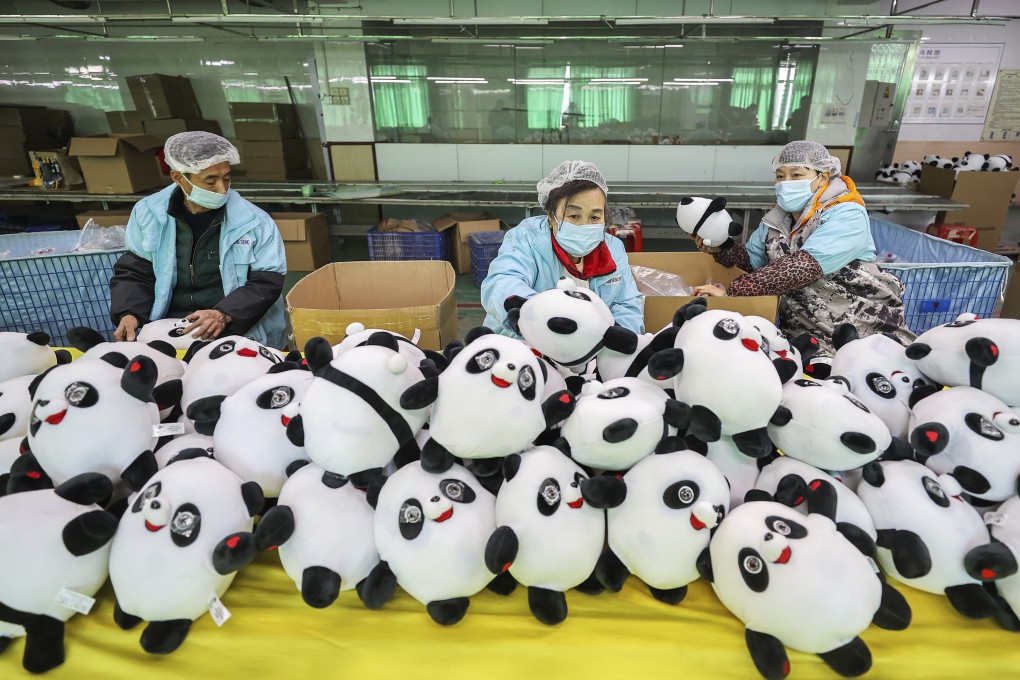Advertisement
Winter Olympics: from fake tickets to bogus lucky draws, the 5 top scams being used to con fans
- From counterfeit merchandise to phishing scams that take people’s personal data, criminals have made the most of the Games
- Officials are urging people to pay attention and not to trust offers that appear too good to be true
Reading Time:3 minutes
Why you can trust SCMP
3

Criminals are using some Olympic-inspired ways to rip off high-spirited fans, and authorities have urged the public to “be extra cautious” as the Games continue in Beijing.
From fake copies of the highly sought-after panda mascot Bing Dwen Dwen, to selling tickets for events in stadiums that are closed to the public, thousands of yuan have been stolen from careless or naive shoppers wanting a part of the 20220 Beijing Games.
Here are some of the most common scams that are worth keeping an eye out for, especially for sports fans looking for souvenirs commemorating the quadrennial event.
Advertisement
Fake lucky draws
“Congratulations, you won the jackpot in our company’s Winter Olympics lottery, including a cash prize of 18,800 yuan and a laptop worth 10,000 yuan!” is among scam messages that negligent internet users can be bamboozled by.
Advertisement
The scammers usually ask for a deposit and postage fees for the prizes to be sent out, as victims end up paying large sums for nothing.
Advertisement
Select Voice
Select Speed
1.00x